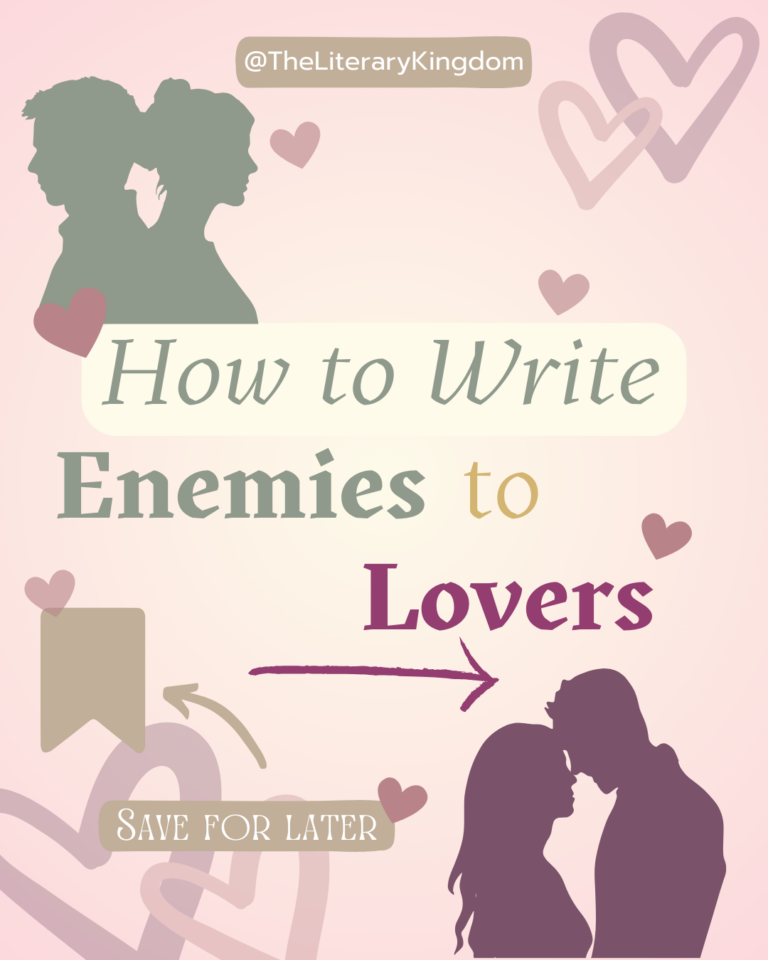
How to be a Productive Writer
Being a productive writer means being able to generate ideas, express thoughts clearly, and communicate your message effectively.
Create Space
One of the first steps to boost your creativity is to create a space where you can write. If you have to tidy an area before you can work at it, you’re likely to be put off writing before you’ve even started; if your chair isn’t comfortable, you won’t be able to sit still for long enough to produce anything of quality; if you’re in a shared room, interruptions and noise will distract you.
The space you write in doesn’t need to be huge, just big enough to fit you, your notebook and pen, or your laptop. It doesn’t need to be pretty either, only practical, but that said, an attractive space can help you get into a creative mindset.
Set Clear and Realistic Goals
Before you begin your writing project, set clear and realistic goals to help you focus on your priorities, track your progress, and keep you motivated. Make sure your goals are SMART: specific, measurable, attainable, relevant, and time-bound. Your writing goal might be to write for a certain amount of time, perhaps 30 minutes a day, or to write a certain number of words each day or week. Your writing goals should be personal to you and what you want to achieve.
Establish a Routine
A consistent and flexible routine can help you develop a habit of writing. Write when you are most productive and least distracted. This will be different for everyone depending on personality types and lifestyle choices. You can experiment to find what works for you, early mornings, late nights, short bursts of writing, or long stretches. Tiredness greatly slows your writing and produces lower-quality work.
Build a system
This includes your writing routine, but it goes beyond that. As you write, make time to look back at what has worked and what hasn’t. This will help you to understand yourself better – what helps you to write, and what prevents you or slows you down in your writing. This might be the time of day you write, how you generate ideas, or how you outline your story. It might also include learning about the apps and software that you prefer to use, how you save your work, and how you get yourself out of a writing rut.
Get bored
The link between boredom and creativity has been well-studied by scientists who have found that boredom improves creativity and problem-solving. Spend time thinking about writing and give yourself a chance to let ideas come to you, and always keep a notebook and pen on you so that you don’t forget anything!
Write first, edit later
Trying to edit your writing will slow down your writing process because it disrupts your flow. Editing requires critical thinking whereas writing requires creativity, it’s difficult to use two separate parts of your brain at the same time. Whilst it is tempting to want your first draft to be perfect, this unrealistic expectation can distract you from your writing and cause feelings of frustration or disappointment. A better approach is to separate the writing and editing stages.


